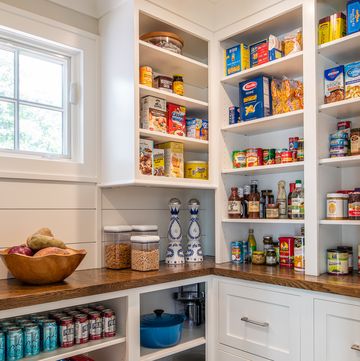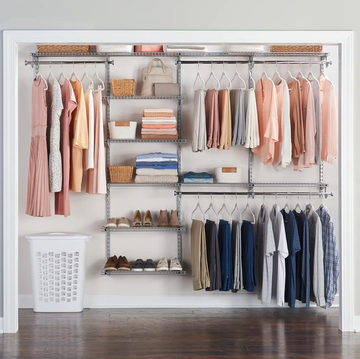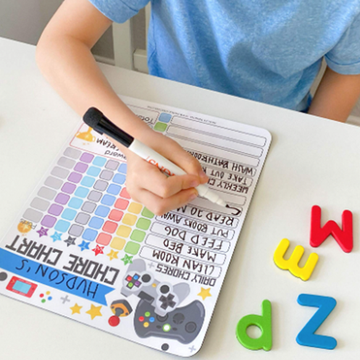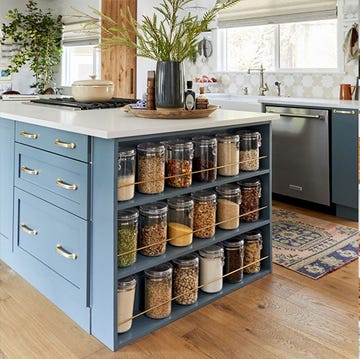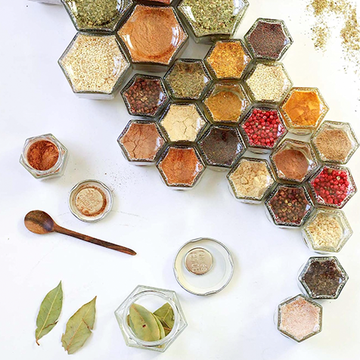We've all reached way into the back of the fridge, only to find last week's berries totally liquified, or done the Tupperware shuffle ("Maybe it will fit if I turn it sideways?") when putting away leftovers. Make your refrigerator a saner space, and save up to $600 a year (that's how much the average family wastes annually tossing spoiled food!) with these rules.
1. Always maximize shelf space.
• Don't let unopened cans of soda and single-serve bottles of iced tea crowd food that must be kept cold. Instead, store shelf-stable bottles and cans in the pantry, and cool them down with ice when you need them.
• Stash food in square, stackable plastic containers versus round ones — the square shape lets you store more food, and keeps things neater.
• Instead of placing leftovers in huge, space-sucking containers, stow them as individual portions in smaller bins or resealable bags for grab-and-go meals.
2. Practice preempetive, easy cleaning.
• Line bins with paper towels to catch drips.
• Keep sticky items (like jams, syrups, and sauces) in removable shelf bins, like Fridge Binz ($8 to $15, containerstore.com). When dribbles occur, you can take them out and rinse them — and avoid the chore of stooping and scrubbing fridge shelves.
• Clean stuck-on messes with a damp scrubber sponge sprinkled with baking soda. It's a gentle way to eradicate dirt and odors.
RELATED: The Easy Way to Clean Stainless Steel Appliances »
3. Store food so it lasts.
• Double-bag raw meat and store on a platter on the bottom shelf to avoid leaks that could contaminate other food.
• Take wet fruits and veggies out of the plastic grocery bags and pat them down with a dry paper towel — getting rid of the excess moisture will keep these items fresh and crisp.
• While most fridges come with an egg holder, it's better to keep eggs in their carton, which is specifically designed to contain spills and keep eggs fresh and odor-free.
4. Use the freezer to keep food longer — and save fridge space.
• Freeze milk in its container (it will keep up to three months in the freezer), and then thaw it in the refrigerator.
• Chop a bunch herbs in a food processor, and mix with a teaspoon or two of olive oil. Put in a resealable bag, removing all the air, and freeze so the mixture lies flat. Break off pieces to season soups and sauces. Or, use an ice cube tray to freeze individual portions.
• Double-wrap cheese rinds in plastic to use later to flavor soups and stews.




